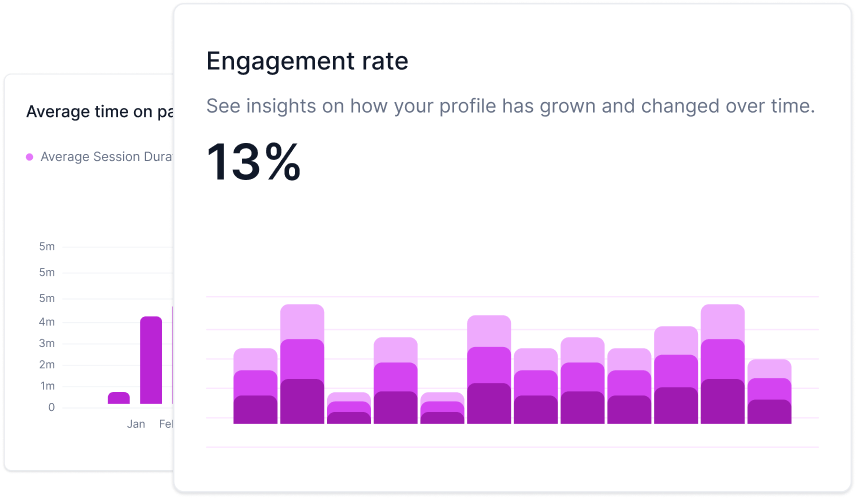What is Search Engine Reputation Management (SERM)?
SERM refers to the strategies and techniques employed by businesses to control or influence their online reputation as displayed in search engine results. By monitoring, addressing, and curating the content that appears when someone looks up a brand or individual, SERM shapes public perception, ensuring that the positive overshadows the negative.
Why is SERM important?
Online reputation is pivotal. A single negative review or unflattering news article can significantly harm a brand, decreasing trust among consumers or potential partners. SERM ensures that the content people find about your brand is accurate, positive, and reflective of your values. A well-managed online reputation can lead to increased sales, stronger brand loyalty, and a competitive edge in the market.
How does SERM differ from traditional SEO (Search Engine Optimization)?
While both SERM and SEO aim to optimize a brand's visibility in search results, they have distinct objectives. SEO primarily focuses on driving traffic to a website by ranking higher for specific keywords. SERM, on the other hand, is concerned with managing the narrative around a brand. This might involve promoting positive content, addressing negative reviews, or ensuring misleading information is de-ranked or removed entirely.
What strategies and tools can businesses employ for effective SERM to protect or enhance their online reputation?
Several techniques can bolster a brand's online reputation:
- Content Creation: Publish high-quality, positive content regularly to dominate search results. This could include blog posts, articles, or press releases.
- Review Management: Actively request reviews from satisfied customers and promptly address any negative feedback.
- Social Media: Ensure active, positive engagement across all social platforms. Social profiles often rank high in search results, so keep them updated and engaging.
- Removal Requests: If misleading or defamatory content appears in search results, work with search engines or website administrators to have it removed.
- Monitoring Tools: Utilize online reputation management tools that alert brands to new mentions, enabling quick responses to any emerging narrative.

